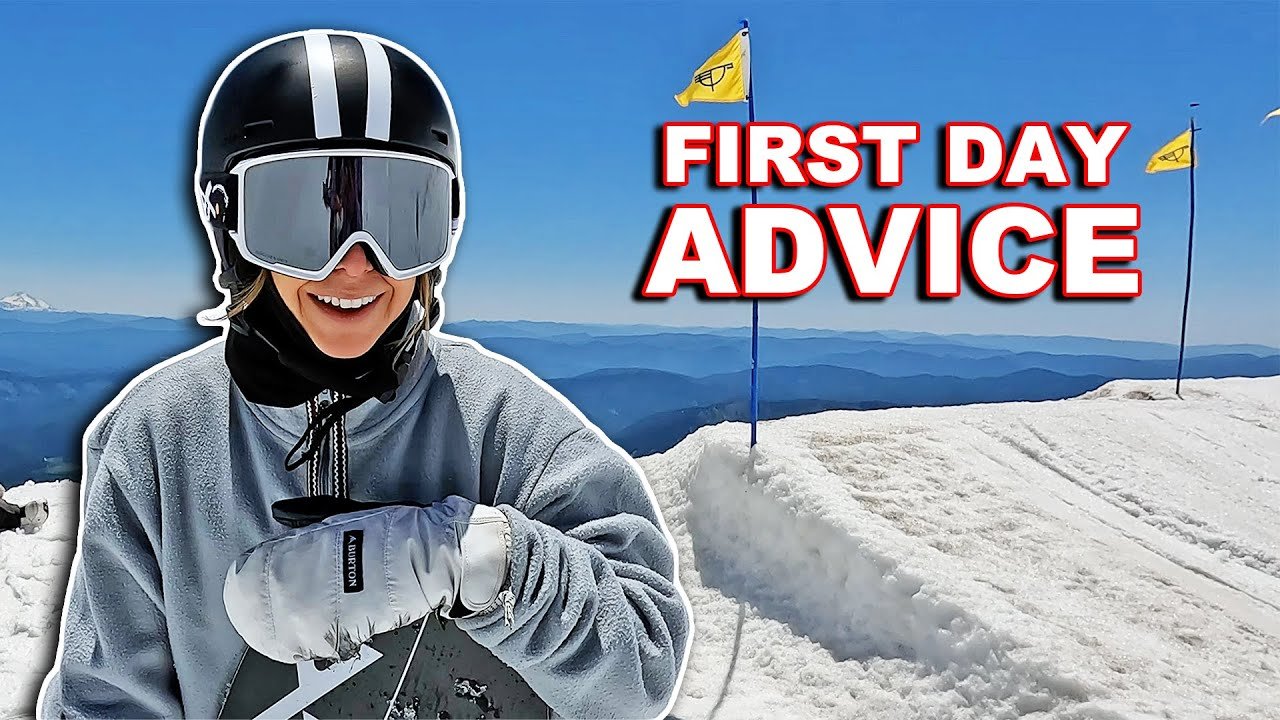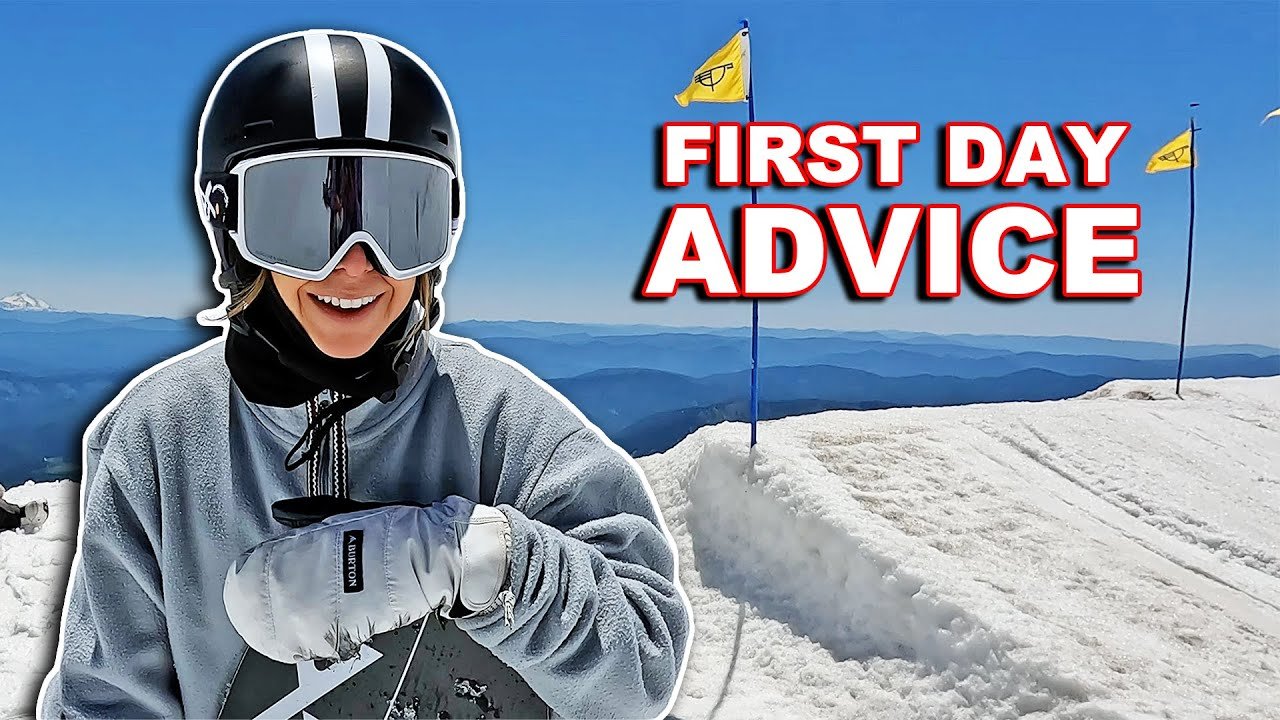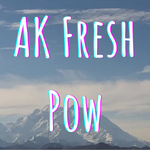
Advice for Your First Day of Snowboarding
The article titled “Advice for Your First Day of Snowboarding” is a video by SnowboardProCamp. In the video, the author asks ten snowboarders for advice they would give to someone on their first day of snowboarding. The snowboarders offer various insights, including being patient with oneself, not letting the first day deter them, and trusting the process. They emphasize the importance of not rushing and taking the time to build skills gradually. Additionally, the snowboarders highlight the significance of having fun, not worrying about skill levels, and embracing falling as a part of the learning process. They also recommend talking to others, not being afraid of falling, and ensuring safety while learning. Furthermore, they advise dressing appropriately for the weather and getting a lesson from a certified instructor to learn the right skills and avoid developing bad habits.
Choosing the Right Gear
When it comes to snowboarding, choosing the right gear is crucial for a successful and enjoyable experience. One of the most important pieces of gear is the snowboard itself. It’s important to find a board that is suitable for your skill level and riding style. Beginners generally benefit from using softer and more forgiving boards, while advanced riders may prefer stiffer and more responsive ones.
In addition to the snowboard, having the right boots is essential. Boots that fit well and provide proper support can significantly enhance your performance and comfort on the mountain. Make sure to try on different pairs and find the ones that feel the most comfortable and secure.
Other gear to consider includes jackets, pants, gloves, and goggles. These items are essential for keeping you warm, dry, and protected from the elements. Look for gear that is specifically designed for snow sports and offers insulation, water resistance, and breathability.
Taking Safety Precautions
Snowboarding can be a physically demanding and potentially dangerous activity, so taking safety precautions is of utmost importance. One of the most crucial safety precautions is wearing a helmet. A helmet can protect your head in the event of a fall or collision and significantly reduce the risk of head injuries.
It’s also essential to wear protective gear such as wrist guards and knee pads, especially for beginners. These can help prevent injuries in case of falls or accidents. Additionally, consider wearing impact shorts to protect your hips and tailbone.
Another safety precaution is to ride within your skill level and stay on appropriate terrain. Don’t push yourself to attempt tricks or go down slopes that are beyond your abilities. Take your time to progress gradually and always prioritize safety over trying to impress others.
Lastly, it’s essential to familiarize yourself with the mountain’s rules and etiquette. Observe signs, adhere to speed limits, and yield to other riders when necessary. Following these guidelines will help create a safer environment for everyone on the mountain.
Managing Expectations
As a beginner, it’s crucial to manage your expectations and understand that snowboarding is a skill that takes time to develop. It’s unrealistic to expect to become an expert overnight, so be patient with yourself and embrace the learning process. Snowboarding is a journey, and every small accomplishment counts.
Instead of focusing on immediate progression or comparing yourself to more experienced riders, try to set realistic goals and appreciate the small victories along the way. Celebrate your ability to link turns, navigate different terrains, or simply stay on your feet. Remember that progress is not always linear, and setbacks or challenges are a natural part of the learning journey.

Being Patient and Not Giving Up
Learning to snowboard can be challenging, and it’s easy to get frustrated or discouraged, especially during the early stages. However, it’s essential to stay patient and not give up. Rome wasn’t built in a day, and neither will your snowboarding skills.
Give yourself permission to make mistakes and learn from them. Falling is part of the learning process, and it’s crucial not to let it deter you. Instead, see each fall as an opportunity to improve and a reminder of how far you’ve come. With time and practice, your skills will improve, and you’ll become more confident on the slopes.
Remember that progress comes at different speeds for everyone. Don’t compare yourself to others or feel pressured to reach a certain level within a specific timeframe. Focus on your own journey and enjoy the experience of learning something new.
Trusting the Learning Process
The learning process can sometimes feel slow or frustrating, but it’s crucial to trust it. Trust that with consistent practice and determination, you will improve and grow as a snowboarder. Trust that every small step you take is building a solid foundation for future progress.
Avoid the temptation to rush the learning process. Trying to advance too quickly can lead to burnout or increase the risk of injuries. Take your time to build a strong foundation of fundamental skills, such as balance, turning, and stopping. Once you feel comfortable and confident with the basics, you can start to push yourself further.
Trust in the guidance and expertise of instructors or more experienced riders. They can offer valuable insights, tips, and techniques that can accelerate your learning. Don’t be afraid to ask for help or seek guidance when needed.
Having Fun and Enjoying the Experience
Above all, remember to have fun and enjoy the experience of snowboarding. It’s easy to get caught up in the technical aspects or the pressure to improve, but don’t forget why you started in the first place. Snowboarding is meant to be a joyful and exhilarating activity.
Embrace the feeling of gliding down the mountain, the rush of adrenaline, and the connection with nature. Laugh at yourself when you fall and celebrate every small achievement. Surround yourself with positive and supportive people who share your love for snowboarding.
Take the time to appreciate the beautiful surroundings, breathe in the crisp mountain air, and savor the moments of pure freedom on your board. Snowboarding is not just about the destination; it’s about the entire journey.
Dealing with Falls
Falling is an inevitable part of snowboarding, regardless of your skill level. It’s essential to know how to fall properly to minimize the risk of injury. When you feel yourself losing balance, try to relax and go with the fall rather than resisting it. Tucking and rolling can often help distribute the impact and reduce the chances of getting hurt.
It’s also crucial to be aware of your surroundings and try to fall in an open area away from other riders. Avoid falling directly in front of or behind someone, as it can pose a danger to both of you. If you are unable to stop or control your fall, try to signal to others around you to alert them of your presence.
After a fall, take a moment to assess yourself and ensure you’re not injured before getting up. If you feel any pain or discomfort, it’s best to seek medical attention and not continue riding until you’re fully recovered.
Learning from Failure
Failure is a natural part of the learning process, and snowboarding is no exception. Embrace failure as an opportunity for growth and learning. Each time you fall or make a mistake, take a moment to analyze what went wrong and try to learn from it.
Ask yourself questions like, “What could I have done differently?” or “What can I learn from this experience?” The answers to these questions can help you identify areas for improvement and make adjustments in your technique or approach.
Learning from failure also means not being too hard on yourself. Remember that everyone makes mistakes, and even professional snowboarders have their off days. Be kind and patient with yourself, and don’t let setbacks discourage you. Instead, let them fuel your determination to keep pushing forward.
Dressing Appropriately for the Weather
When heading out for a day of snowboarding, it’s crucial to dress appropriately for the weather conditions. Layering is key to staying comfortable and maintaining the right body temperature throughout the day.
Start with a moisture-wicking base layer that helps keep sweat away from your skin. Over that, add an insulating layer, such as a fleece or down jacket, to keep you warm. Finally, wear a waterproof and breathable outer layer, such as a snowboarding-specific jacket and pants, to protect you from snow, wind, and moisture.
Don’t forget about your extremities. Wear warm, insulated gloves or mittens to keep your hands protected and consider wearing glove liners for added warmth. Invest in a good pair of snowboarding socks that offer cushioning and moisture-wicking properties.
Protecting your eyes is also important. Wear goggles that provide good visibility and UV protection. Opt for goggles with lenses suitable for the light conditions on the mountain. If the weather is particularly cold or windy, consider wearing a facemask or balaclava to protect your face from frostbite.
Conclusion
Embarking on your first day of snowboarding can be both exciting and daunting. Remember to choose the right gear, take safety precautions, manage your expectations, be patient, trust the learning process, and most importantly, have fun! Embrace each small accomplishment and learn from every fall or setback. Dress appropriately for the weather and always prioritize safety. Snowboarding is a journey, and with time, practice, and the right mindset, you’ll become a confident and skilled rider. Enjoy the experience, appreciate the beautiful surroundings, and make lasting memories on the slopes.
